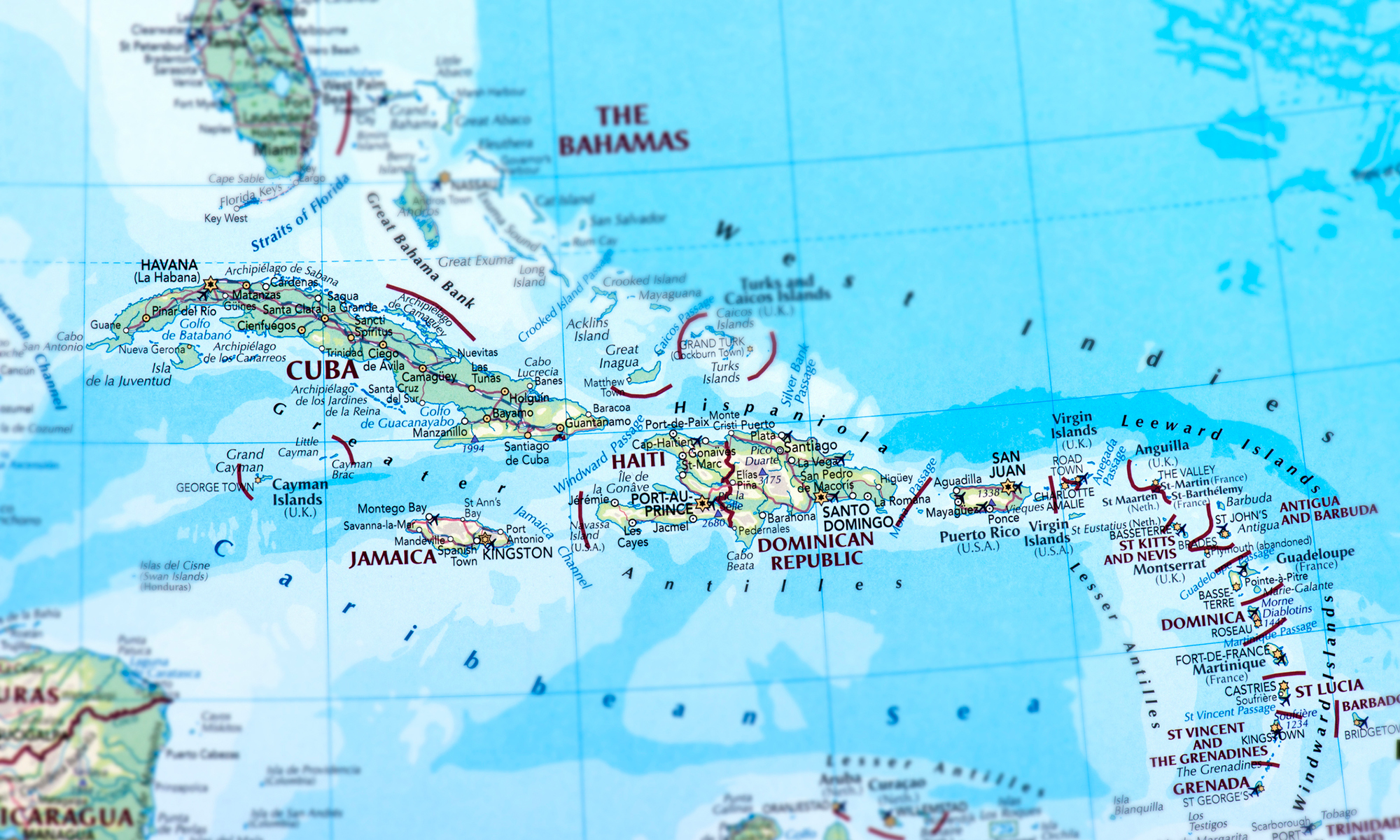On January 29, 2015, a coalition of four Republican and four Democrat senators introduced legislation to restore freedom to travel to Cuba.[1] While President Obama has announced normalization of some relations between the two countries and relaxed travel restrictions to Cuba such that Americans traveling to Cuba no longer have to obtain specific licenses or get permission from the government, Americans are required to certify that their trip falls under one of the twelve categories of permitted travel.[2] Congressional action is necessary to permanently lift all restrictions on travel to the island nation. Bipartisan bill, S. 299, the Freedom to Travel to Cuba Act of 2015, would end restrictions in laws enacted in 1996 and 2000 on travel by American citizens and legal residents to Cuba. The bill would also end restrictions on related transactions incident to such travel, including banking transactions.
Several of the bill’s sponsors expressed their enthusiasm. Senator Jeff Flake said: “We have tried this current policy — we have prohibited travel for about 50 years, and it hasn’t worked . . . It’s time to allow Americans to travel freely to Cuba.” Senator Dick Durbin said: “It’s time for a new policy. . . I think we’re going to see dramatic change in Cuba if there’s more travel, exchange and business between our two countries.”
Zane Kerby, President and CEO of the American Society of Travel Agents (ASTA), expressed the industry’s support for the proposed legislation: “While the Administration’s recent actions on Cuba were a step in the right direction, it is Congress that needs to step up to the plate on travel freedom. We are seeing that leadership now from Senators Flake, Leahy and their bipartisan coalition, and we will do everything in our power to get this bill across the finish line.”
A companion bill to S. 299 is expected to be introduced in the House of Representatives next week by Reps. Jim McGovern (D-MA) and Mark Sanford (R-SC).
To read a draft of S. 299, the Freedom to Travel to Cuba Act of 2015, click here.
[1] The four Republican senators are: Jeff Flake (R-AZ), Jerry Moran (R-KS), Mike Enzi (R-WY), and John Boozman (R-AR). The four Democrat senators: Patrick Leahy (D-VT), Dick Durbin (D-IL), Tom Udall (D-NM), and Sheldon Whitehouse (D-RI).
[2] The categories of permitted travel to Cuba are: (1) family visits; (2) official business of the U.S. government, foreign governments, and certain intergovernmental organizations; (3) journalistic activity; (4) professional research and professional meetings; (5) educational activities; (6) religious activities; (7) public performances, clinics, workshops, athletic and other competitions, and exhibitions; (8) support for the Cuban people; (9) humanitarian projects; (10) activities of private foundations or research or educational institutes; (11) exportation, importation, or transmission of information or information materials; and (12) certain export transactions that may be considered for authorization under existing regulations and guidelines.
